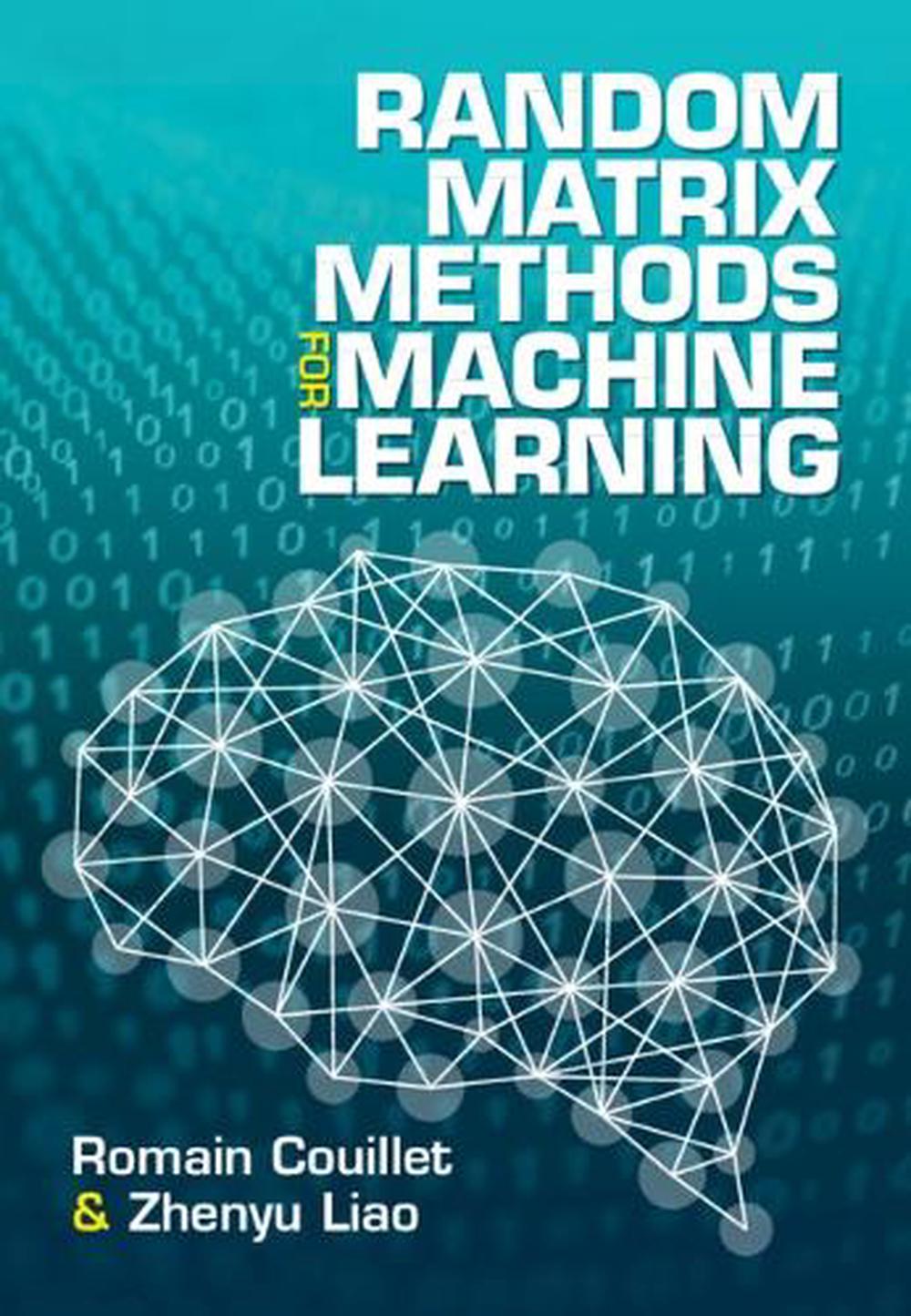
Random Matrix Methods for Machine Learning
$215.96
- Hardcover
408 pages
- Release Date
21 July 2022
Summary
Decoding Machine Learning with Random Matrices: A Large-Dimensional Data Vision
This book presents a unified theory of random matrices for applications in machine learning, offering a large-dimensional data vision that exploits concentration and universality phenomena. This enables a precise understanding, and possible improvements, of the core mechanisms at play in real-world machine learning algorithms.
The book opens with a thorough introduction to the theoretical basics …
Book Details
| ISBN-13: | 9781009123235 |
|---|---|
| ISBN-10: | 1009123238 |
| Author: | Romain Couillet, Zhenyu Liao |
| Publisher: | Cambridge University Press |
| Imprint: | Cambridge University Press |
| Format: | Hardcover |
| Number of Pages: | 408 |
| Release Date: | 21 July 2022 |
| Weight: | 870g |
| Dimensions: | 251mm x 174mm x 23mm |
You Can Find This Book In
What They're Saying
Critics Review
‘Roman Couillet’s book is unique among books on random matrix theory in that it provides a solid yet accessible introduction to the theory and its transformative potential in applications. After presenting a coherent and uncluttered introduction of the theory, several chapters illustrate how it applies to important problems, including, high dimensional statistical inference, neural networks, random graphs, and convex optimization. Written in a self-contained and exceptionally clear style this book will be of great utility to researchers in machine learning, statistics and signal processing who want to learn about how random matrix theory can be applied.’ Alfred Hero, University of Michigan‘This book is a reference for all engineers and researchers interested in the recent mathematical advances in Machine Learning. It’s a real ‘tour de force’ that fruitfully combines the mathematical elegance of random matrix theory methods with an impressive range of real-world applications.’ Merouane Debbah, Huawei France Research Center‘This is a very timely and important book. Romain Couillet and Zhenyu Liao provide a great entry point into active, recent research on the applications of Random Matrix Theory as it pertains to high-dimensional statistics and analysis of machine learning algorithms. RMT was born in statistics with Wishart and later became, via Wigner, a great pillar of quantum and statistical before being recently pushed by mathematicians to deeper universality results. It is quite fitting that it now comes back to the modern problems and methods of statistics with this very well-organized and carefully written book by two leading experts.’ Gérard Ben Arous, Courant Institute of Mathematical Sciences, New York University
About The Author
Romain Couillet
Romain Couillet is a Full Professor at Grenoble-Alpes University, France. Prior to that, he was a Full Professor at CentraleSupélec, University of Paris-Saclay. His research topics are in random matrix theory applied to statistics, machine learning, and signal processing. He is the recipient of the 2021 IEEE/SEE Glavieux prize, of the 2013 CNRS Bronze Medal, and of the 2013 IEEE ComSoc Outstanding Young Researcher Award.
Zhenyu Liao is an Associated Professor with Huazhong University of Science and Technology (HUST), China. He is the recipient of the 2021 East Lake Youth Talent Program Fellowship of HUST, the 2019 ED STIC Ph.D. Student Award, and the 2016 Supélec Foundation Ph.D. Fellowship of University of Paris-Saclay, France.
Returns
This item is eligible for free returns within 30 days of delivery. See our returns policy for further details.




